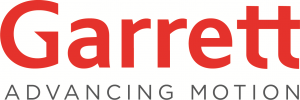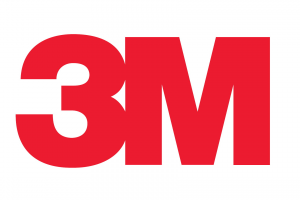Car production rises, while the share of unemployed unexpectedly increased
8.08.2016Company: Amcham
Today’s data confirmed the ongoing trends in the economy. The first is the damping of investment activity, which impedes growth in industrial production and imports. On the other hand, industry is supported by the continuous growth of external demand for cars, which supports industrial production and boosts exports. The slowdown of the economy is apparent on the labour market. The share of unemployed increased mostly due to seasonal factors, but even after seasonal adjustment we recorded an increase —the first since the beginning of 2014.
June’s industrial production increased a strong 2.5% mom and thus offset the declines in the previous two months. This is a very good reading despite the yoy slowdown from May’s 8.6% to 3.9% as May’s figures were strongly influenced by calendar effects. After calendar adjustment, even yoy growth accelerated. Growth is driven by the automotive sector. Without its contribution, industry would record a decline. The dynamics of industry are, in our view, impeded by declining investment activity. Industry thus has fewer orders. The chemical industry suffers from big drops as two big refineries (Litvinov and Kralupy) are temporarily shut down.
The automotive industry increased its output 16.3% yoy and thus boosts the surplus of the trade balance. In June, the external trade surplus printed CZK 20.6bn, which is the highest June figure in history. Besides the performance of the automotive industry, the deficit of the commodity balance was relatively low as oil prices were 23% yoy lower in June. Imports are thus 1.8% lower in nominal terms while exports increased 0.3%. Overall, the external trade surplus increased CZK 6.2bn yoy. In the first half of the year, the surplus increased CZK 36.9bn yoy.
The relatively strong external demand (especially for cars) is also manifested in industrial orders from abroad, which increased 5.8% yoy, while domestic orders decreased 2.1% most likely due to declining investment activity.
Construction output continues to fall. In June, it decreased 3.9% mom. Its yoy decline reached the double digits once again as it dropped 12.7%. Mainly engineering construction slumped (-18.3% yoy) but also building construction recorded a significant descent ( 9.6% yoy). Also, other released statistics do not suggest much of an improvement. Even though the number of building permits granted increased 10.1% yoy, their approximate value dropped 2.4%. Moreover, the number of dwellings started plummeted 38% yoy. To a large extent, this was due to a high statistical base, but there are also problems with dwelling construction in Prague. The uncertainty there is created by building rules and metropolitan zoning plans. There are new building rules since August, so one uncertainty has been cleared up. The discussion about zoning plans will start in the autumn, but approval is still out of sight.
The seasonally adjusted share of unemployed slightly increased
The share of unemployed increased two ticks to 5.4% as fresh graduates entered the market in July. They will continue to flow into the work force in August and September. Nevertheless, the increase is not only due to this seasonal effect, but the seasonal adjusted rate mildly increased, reflecting the slowdown in the economy. In contrast, the number of new vacancies continues to grow. These contradictory signals could be explained by demand-supply mismatch. Firms are not able to find workers with the required qualifications for their open vacancies.
There are sectors where it is already difficult to find suitable workers, leading to pressure on wages. We expect wages to increase 3.4% in nominal terms this year compared with last year’s 2.7%.
Tags: Finance | Business Development |







